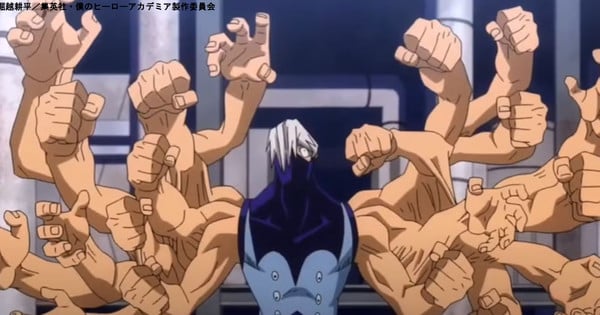With the recent announcement of TOHO‘s acquisition of GKIDS, Lucas and Steve discuss the rise corporate influence in the anime space.
Disclaimer: The views and opinions expressed by the participants in this chatlog are not the views of Anime News Network.
Spoiler Warning for discussion of the series ahead.
Various Godzilla moves are currently available on Criterion Collection. The First Slam Dunk is available on Blu-Ray and Netflix, and Look Back is in the midst of its theatrical run.
Well, Lucas, we’re only a week away from Halloween, so it’s time to talk about something really scary:
That’s right, Steve! The boogeyman of the modern anime industry is back! And it won’t rest until the economy built around anime is as close to a monopoly as it can be—while still maximizing profits, of course.

Is this good? Is this bad? Is this some exciting new third thing in between the two? That’s what we’re here to discuss.
Take Reuter’s coverage, for instance. They’re usually a pretty inoffensive-to-respectable outlet, but it sure is weird that they shoehorn in a reference to the live-action and U.S.-produced Sh?gun show in their reporting of this merger instead of any of the anime IP that are set to be affected by this event.
Sorry for the immediate digression, but I gotta stick to my guns and call out mainstream media’s unpreparedness to cover niche art and industry news whenever the chance arises.
Please, Reuters, leave the anime reporting to the professionals. And by that, I mean our excellent newsroom here at ANN. Not me. If I had my druthers, I wouldn’t have to interface with this industry’s business side. I just enjoy the cartoons. But annoyingly, the business side keeps surfacing and waving its arms in my face. It’s very rude.
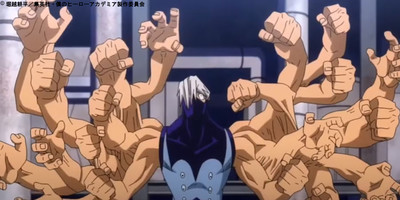
This is probably a great place to start this conversation. While this news is certainly eyebrow-raising in a vacuum, my concern right now largely stems from this being the latest in a long line of industry mergers or buy-outs.
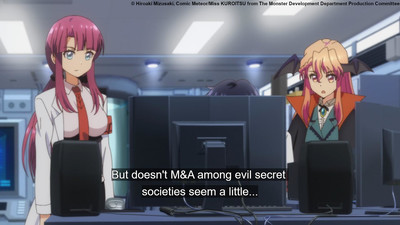
This is also a great opportunity to remind readers that, even though we’re about to talk somewhat affectionately about businesses that are now varying degrees of defunct, corporations are not your friends, and you should not have any emotional attachment to a “brand.”
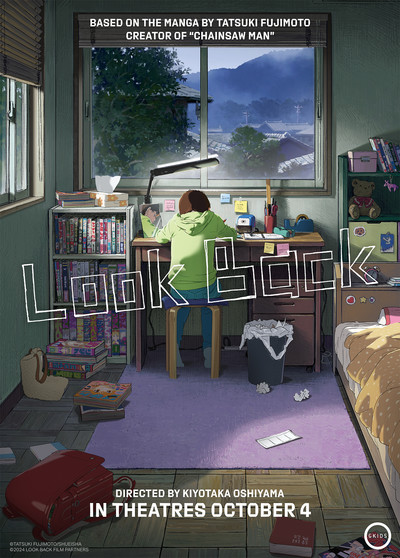
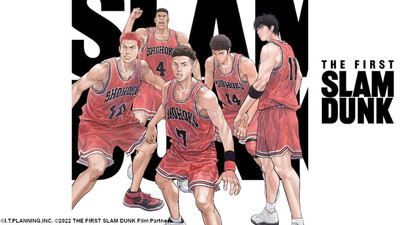
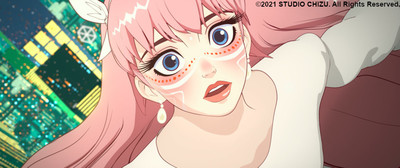
Not to undermine my previous point, but things can improve at a place of business after they’re bought out. This kind of buy-out has potential and benefits, but I can’t help but worry when this kind of news becomes a trend.
That’s both a more optimistic reading of this news and a fair one. This could be a big step in most Japanese production companies no longer viewing overseas markets as ancillary. A greater focus on international audiences could mean more media is brought to global anime fans, more revenue in the global animation industry as work in that space has waned, and more revenue all around. We could be staring down a win-win-WIN situation!
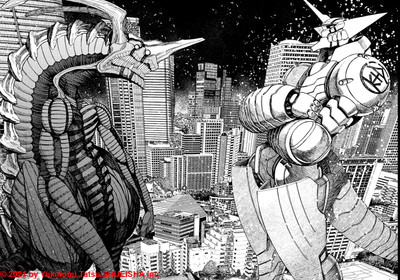
And I’ll admit that a part of me is looking for reasons to be optimistic in the anime space. By all accounts, the anime bubble is going to burst again, and I welcome any and all developments that seem to stymie that collapse.
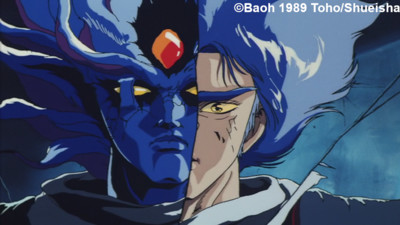
However, my wish list is topped off with a re-release of the Boah OVA, based on Hirohiko Araki‘s manga of the same name. Is it the best work in TOHO‘s catalog? No, but it’s sick as hell and an important part of Araki’s filmography.
Bandcamp is still kicking, to be fair, but it feels like it has a big countdown timer hovering over it.

And while Crunchyroll seems like a perfectly adequate way to buy physical anime media and merch (though they did obfuscate more adult merchandise to another site that isn’t advertised super well), Right Stuf not existing anymore feels like we lost a part of the Western anime community’s identity.
I actually think you’re being a little too kind to the Crunchyroll store, lol. My experience with it has been demonstrably worse than Right Stuf. A ton of basic functionality and UX stuff has been lost, and it’s significantly curtailed my anime purchasing in the past year. It sucks, and it’s a perfect example of senseless enshittification.
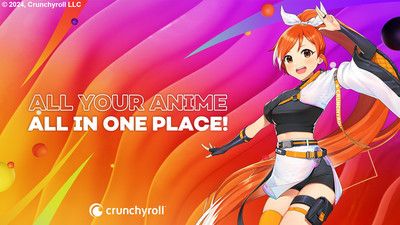
For those in the cheap seats, I’m being facetious, and anger is a natural reaction to something getting worse and more expensive. Or even staying the same and becoming more expensive! My rent just went up, and it sucks that I’m about to pay $100 more to live in an apartment that’s identical to the one that was $100 cheaper last month.
It all quite literally adds up. It’s the accumulation that wears you down. TOHO may prove to be benevolent overlords, but their presence nevertheless reminds us that we have overlords. And even if I put on my big MBA pants (which I also don’t have), I think there’s something soul-crushing in our current reality where companies can’t really grow successful anymore. Or rather, “success” is now defined as getting big enough to grab the attention of a bigger company that can absorb you. Is that something to aspire to?
I hate that I’m about to quote South Park, but I’m also exhausted by the current “start-up, sell out, bro down” model of financial success. I believe that “success” is best measured by how many waking hours you spend doing the kind of work and having the kind of experiences you enjoy. No one’s goal when they start a company should be to sell it, but instead to create a space where they can maximally benefit from the kind of work that makes them the most fulfilled.
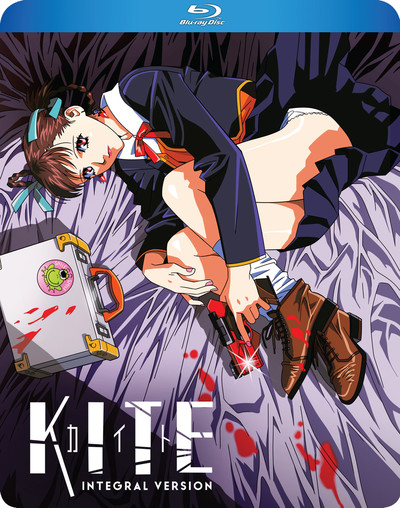
Same as all the anime outlets keeping it indie! If anyone reading this can do so, y’all should really check out and support sites like Anime Herald, Anime Feminist, Yatta-Tachi, ButWhyTho?, and a host of others that I’m sure I’m forgetting. Corporate overlords and their influence are inescapable facts of life in the year 2024, but we can still make spaces our own by starting and supporting community-first companies and platforms.
Hey, so long as nobody breaks what’s working, I can foresee this being the last big conversation about this particular anime M&A.
But as long as the wheels of capitalism keep spinning, you can count on us at “This Week In Anime” to keep griping about them. Not even Kadokawa can stop me. I love complaining too much. You can’t put a price on that.
Hey, I got here by writing about socio-economic issues as they relate to niche media, and you better believe I’m not stopping anytime soon!
